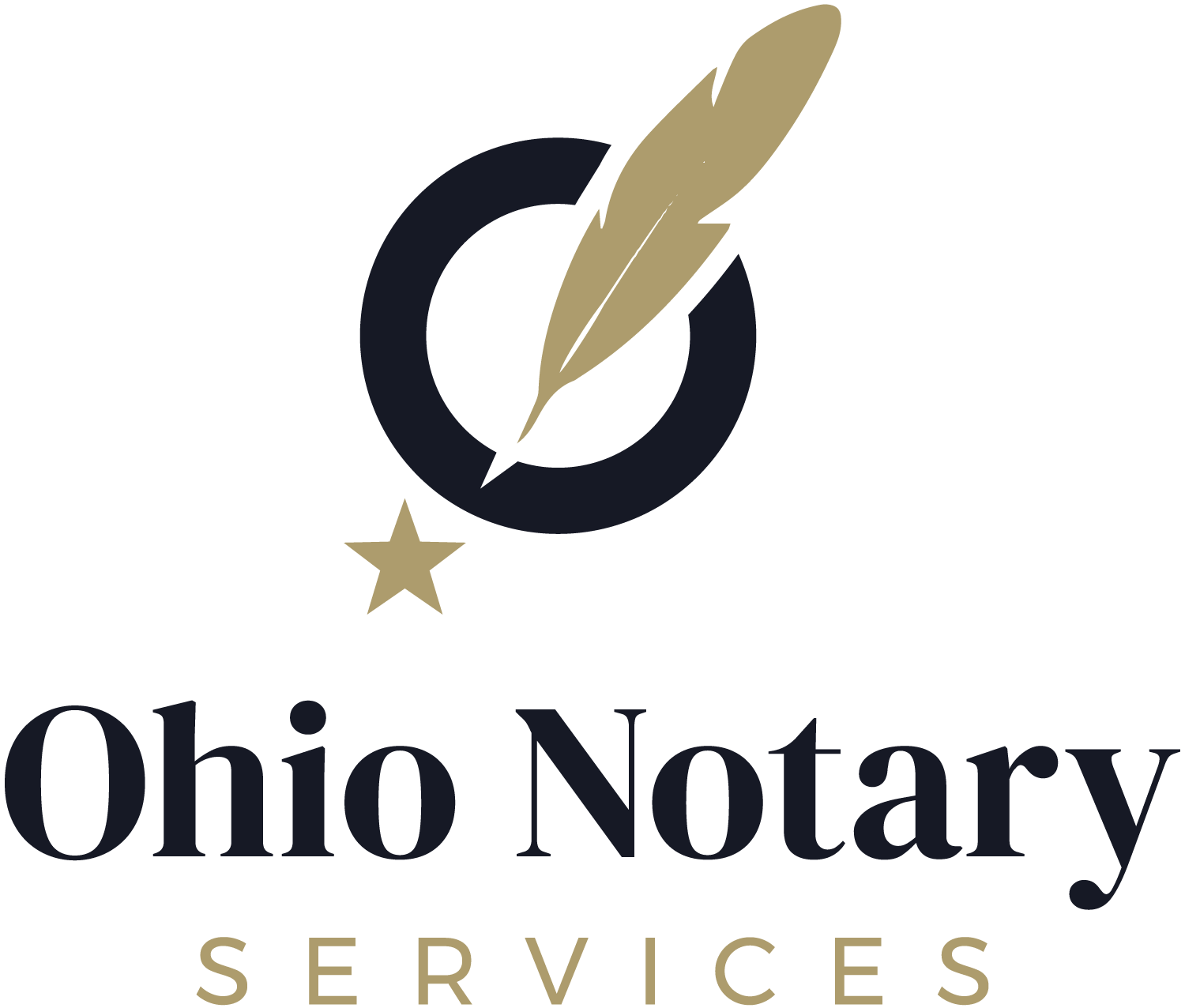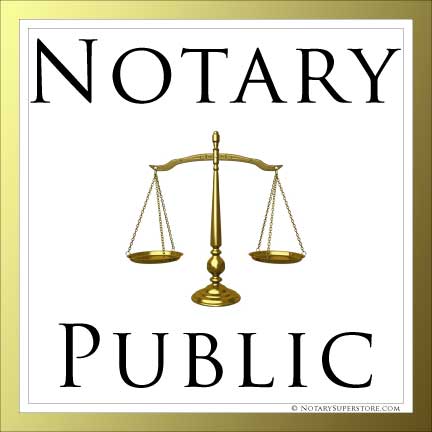DIRCO Rules Demystified: A Overview to Diplomatic Procedure
Demystifying Notarial Work: Simplifying the Duty and Relevance of Notaries
Their duty, commonly shrouded in secret for lots of, carries substantial weight in making sure the legitimacy and integrity of important records. By untangling the intricacies bordering notarial techniques and dropping light on the importance of their acts, a more clear understanding emerges of the vital role notaries play in promoting the material of contractual and lawful agreements.
The History of Notarial Job
The history of notarial work dates back to old people, where scribes played a critical duty in recording important details and validating documents. This led to the advancement of notaries, people assigned by the state to act as neutral witnesses in legal matters.
During the Center Ages, notaries got importance in Europe, with their features increasing to include drafting lawful files, accrediting signatures, and protecting records. The rise of global trade better stressed the importance of notarial job in validating agreements and contracts across boundaries.
In the modern-day age, notaries proceed to play a vital function in legal and service purchases by verifying identities, validating the authenticity of documents, and protecting against scams. Their function in licensing the credibility of contracts includes a layer of safety and trust fund to the ever-evolving landscape of business and law.

Responsibilities and Obligations of Notaries
Notaries play a vital duty in confirming the authenticity of records and the identity of signatures. One of their main responsibilities is to witness the signing of essential records, such as wills, contracts, and actions, to ensure that all events are entering into agreements intentionally and willingly.
Furthermore, notaries are charged with administering oaths and affirmations, which are vital in lawful proceedings and the implementation of affidavits. They license duplicates of original documents, giving guarantee to establishments that the duplicates are true replicas of the originals. Notaries have to maintain precise records of all purchases they look after to make certain openness and liability. On the whole, the responsibilities and obligations of notaries are essential in guarding the honesty and legitimacy of numerous files and transactions.
Notarial Certificates and Signatures
Exemplifying meticulous focus to detail, notarial certificates and trademarks offer as crucial elements in validating the credibility of lawful files. Notarial certificates typically consist of crucial details such as the date of notarization, the names of the signatures, a description of the record, and the notary's main seal. These certificates offer a clear record of the notarial act, guaranteeing that the file can be conveniently recognized and mapped back to the notary that looked after the procedure.
Trademarks play a pivotal role in notarial job, as they signify the agreement and consent of the parties included. Notaries thoroughly witness the signing of papers to confirm the identity of the signatories and validate that they are signing of their own cost-free will. By attaching their main seal and signature to the record, notaries certify that the necessary treatments have actually been followed and that the file is legitimate and enforceable.
Essentially, notarial certifications and signatures are the characteristic of credibility in lawful deals, offering assurance to all events included that the files are legit and binding.
Significance of Notarial Acts

Notarization Process Discussed
Describing the registration procedure provides clarity on the necessary actions associated with confirming legal documents. The notarization procedure typically begins with the specific providing the paper to a notary public. The notary after that confirms the signer's identification with acceptable identification techniques. When the identity is verified, the notary ensures that the specific authorizing the document does so voluntarily and without any coercion.

Verdict
Notarial certifications commonly consist of vital information such as the day of registration, the names of the signatures, a description of the file, and the notary's official seal. These certificates offer a clear document of the notarial act, making certain that the blog here paper can be easily determined and traced back to the notary that looked after the process.
By fastening their main seal and trademark to the record, notaries license that the needed procedures have been complied with and that the document is enforceable and valid.
By validating the identity of the signatures, verifying their readiness to get in into the contract, and certifying the day and area of the finalizing, notaries play a critical role in upholding the validity of legal documents.After the paper is authorized, the notary will certainly attach their main seal or stamp onto the paper.